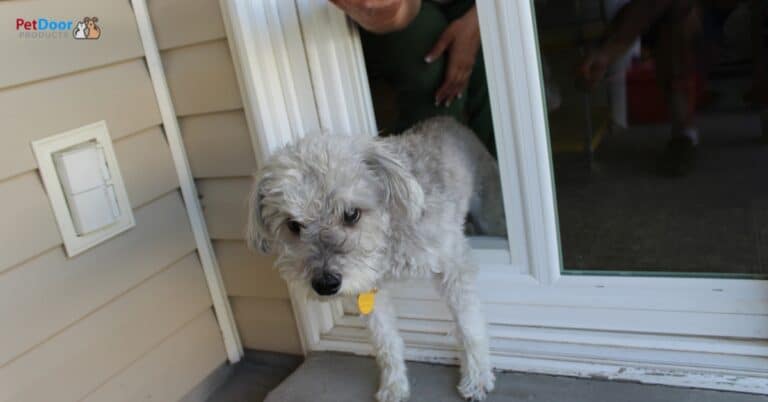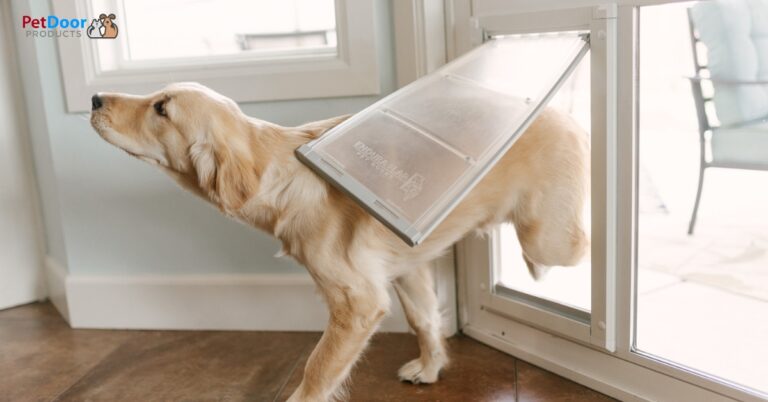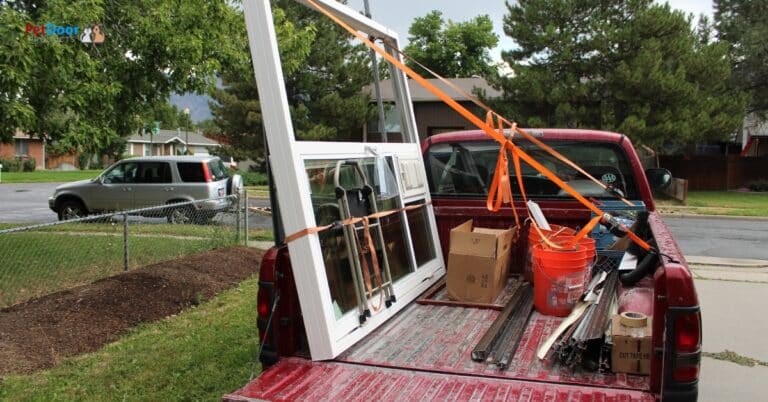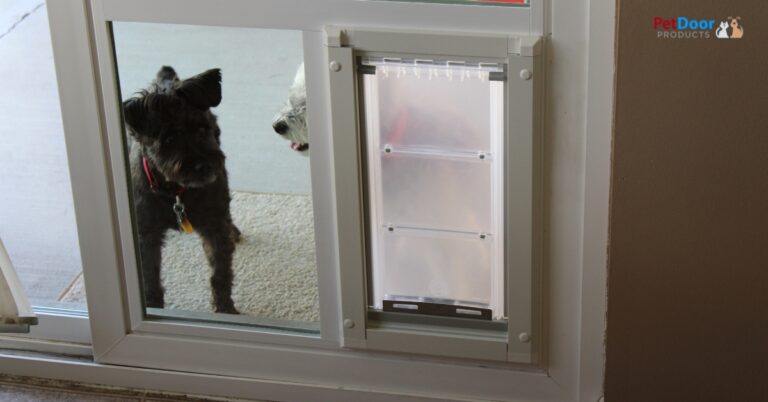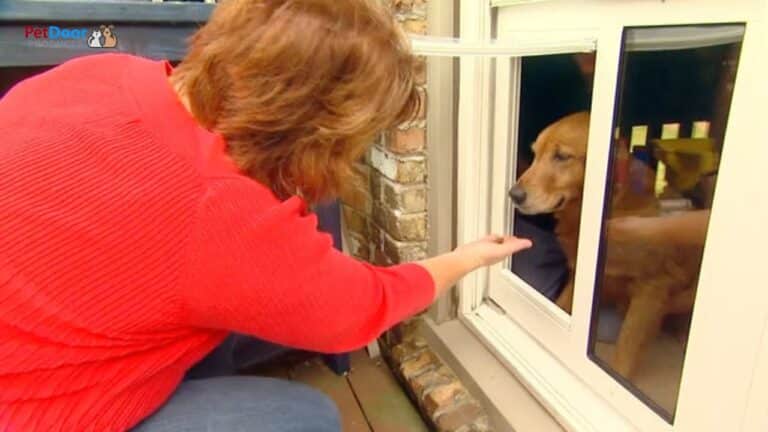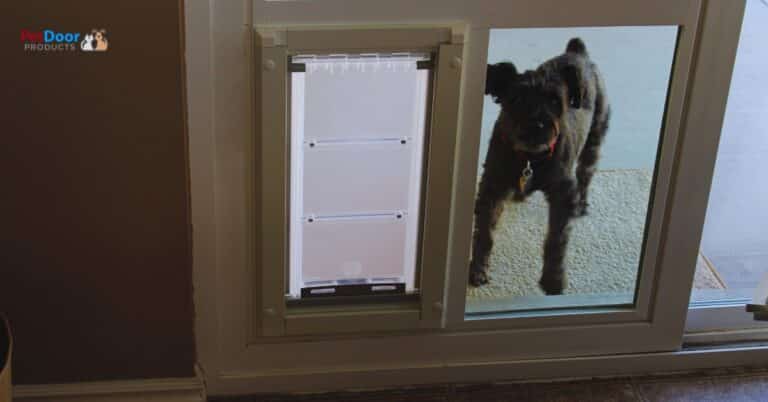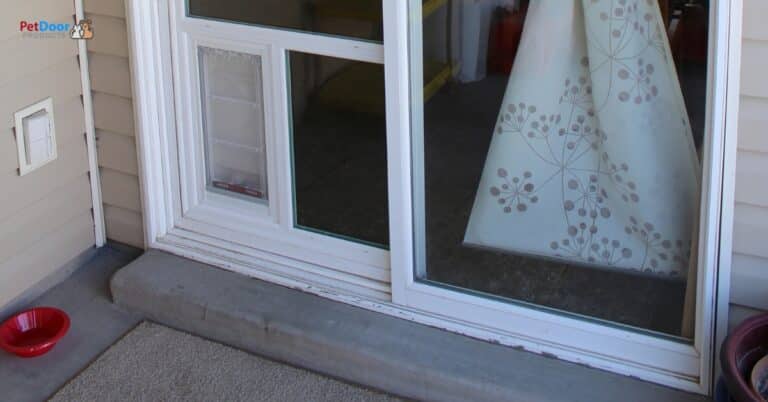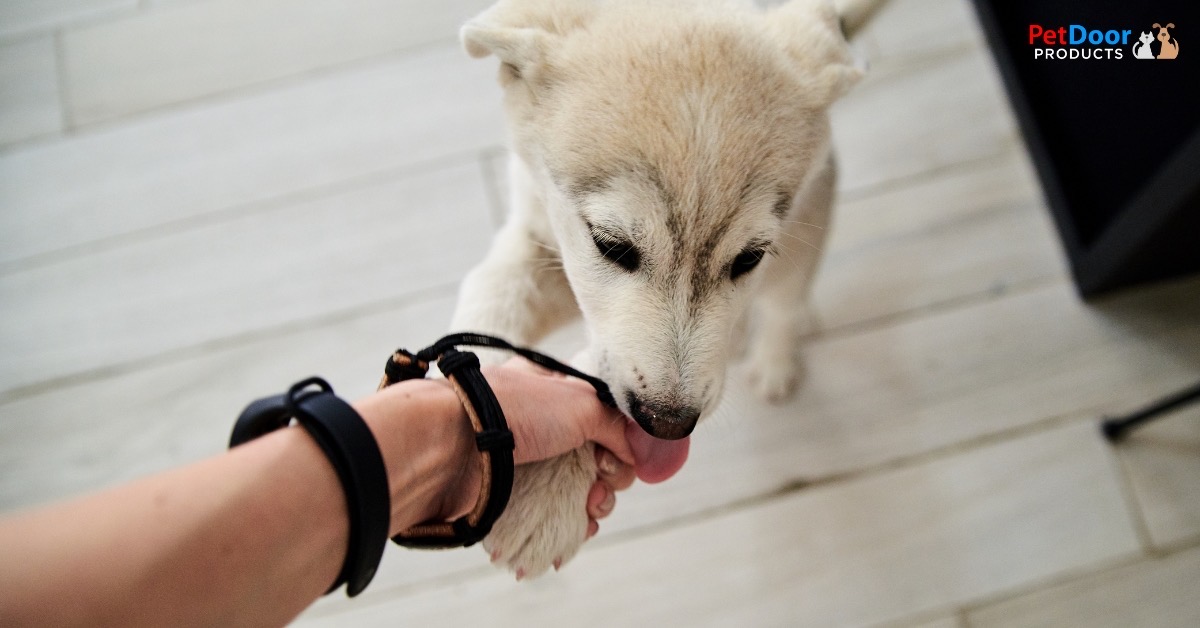
House Training Your Dog or Puppy

You’ve brought your new puppy or adult dog home! That’s exciting! Of course, the time to start house training your furry little friend is the first day. House training a dog is a challenge. But you and your new dog are up to it. Before you know it, you will accomplish this wonderful goal together. Although house training is a little different, and the timeframe for achieving it is a little different for every dog, there are some reliable basics that can simplify and shorten the process.
How to House Train a Puppy or Adult Dog
Expert opinions may vary on some points about the best way to house train a dog. But, there are some common recommendations below, and the guiding principle of dog training is universally recognized: use positive reinforcement. Here are some essential tips to help you and your dog through the process of house training:
Restrict your dog’s space in the house during training.
Limit the dog’s space for running freely through the house until the training is completed. You need to be able to closely supervise your dog during the process. Block off all access to areas of the house except one or two rooms. That will allow you to watch your dog constantly and avoid unpleasant surprises left for you on the floor by your dog when you’re not looking. As you see the training working well, you can gradually widen your dog’s indoor area.
Stay focused on your dog’s behaviors and redirect him/her when needed.
Stay sharply focused on detecting displays of behavior that un-house-trained dogs exhibit when they need to urinate or defecate. Be on the lookout for your dog sniffing around some spots in the house, circling a spot, and walking with his or her back legs stiffened. These are strong signs that you need to move your dog to the designated doggie bathroom space immediately. Consider installing a dog door for easier house training, allowing your dog to go out without begging at the door when he or she needs to go.
Avoid shouting or scolding your dog for going on the floor.
Refrain from yelling at your dog for going to the bathroom on the floor. Instead, bring your dog to the area where the urine or feces is located. Look at the mess on the floor and show that you are shocked and upset to find it there. Then, immediately, gently, but decisively put your dog outside for a short time. This demonstrates that you’re simply removing your dog from the space so that a mess like that will not be there again soon. Dogs do not learn from being scolded for past behaviors, even if the act happened only a few minutes earlier.
So, instead, use the mess as a training opportunity by demonstrating that you disapprove of the urine and/or feces being on the floor and put your dog out gently but decisively to let him/her know you know he/she is the cause of the mess, but that you’re not upset at your dog.
If you catch your dog going on the floor, use the training opportunity.
According to ASPCA house training recommendations, if you see your dog urinating or defecating on the floor, you can try startling him/her by clapping your hands loudly or making some other noise. This is to try to stop your dog for enough seconds for you to rush him/her to the designated doggie bathroom spot or outdoors.
Never rub your dog’s face in urine or feces you find on the floor.
Rubbing your dog’s face in feces or urine will make your dog afraid of you and mistrust you, and it may not be possible to overcome that fully. A dog cannot associate the mess on the floor and your objection to it with himself/herself. But you can help your dog make that connection by showing you’re upset about the mess and then quickly, gently, but decisively putting the dog out immediately. It may only take one instance of doing this to train your dog. Or, it may be part of a series of incidents that will be necessary to complete the training.
Is advice on how to house-train an adult dog different from a puppy?
The house training process for adult dogs and puppies is essentially the same. Both require patience and positive reinforcement. In house training, adult dogs must unlearn long-time behavior, whereas puppies have a lot of elements competing for their attention. So, both have their challenges. Additionally, consider the trainer’s experience, confidence, and sensitivity during the delicate learning process and the particulars of the learning environment to understand all the factors that influence the overall efficiency of house training.
Praise your dog when he/she goes to the bathroom at the right place.
It’s a big moment when your dog does the right thing during house training. So, make a big deal of it! Praise your dog with great enthusiasm and reward him or her for doing the right thing. Make it a celebration! Give your dog a great abundance of praise and affection and excellent treats when he/she does the right thing!
How Long Does It Take to House Train a Dog?
The amount of time necessary to house train a dog varies from one dog to the next. Sometimes, all the training elements and the mood and attention of a dog all come together ideally to enable the dog to grasp the training in just a single day. In other situations, it could take the same dog days or weeks to figure out what he or she needs to do. The most important things you can do are to show patience and support and be consistent. Encourage the right behavior and with each accident, show that your strong disapproval is of the mess, not of the dog.
For More Great Pet Care Advice – Pet Door Products Blog
We hope you enjoyed this article on how to house train a dog. We also publish a wealth of important and fun information for pet parents in our pet care blog to increase your knowledge and enhance the daily experience for you and your pet.
WHO ARE WE? Pet Door Products provides among the world’s best quality energy-efficient pet doors. Our revolutionary sliding glass dog door has revolutionized the pet door market. We provide upgraded versions of all the popular standard dog door and cat door types too.
For information or to order an energy-efficient pet door, call Pet Door Products at (801) 973-8000 or contact us here online anytime!
- The Best Dog Door Sliding Door Option in the United States that Solves Your Pet’s Outdoor Access Dilemma - September 15, 2023
- Revamp Your Home this Summer: Incorporate a Dog Door into Your Sliding Glass Door - September 4, 2023
- July Special: Avoid the Middleman Markup with Custom Built Glass Door Doggie Doors - July 24, 2023

